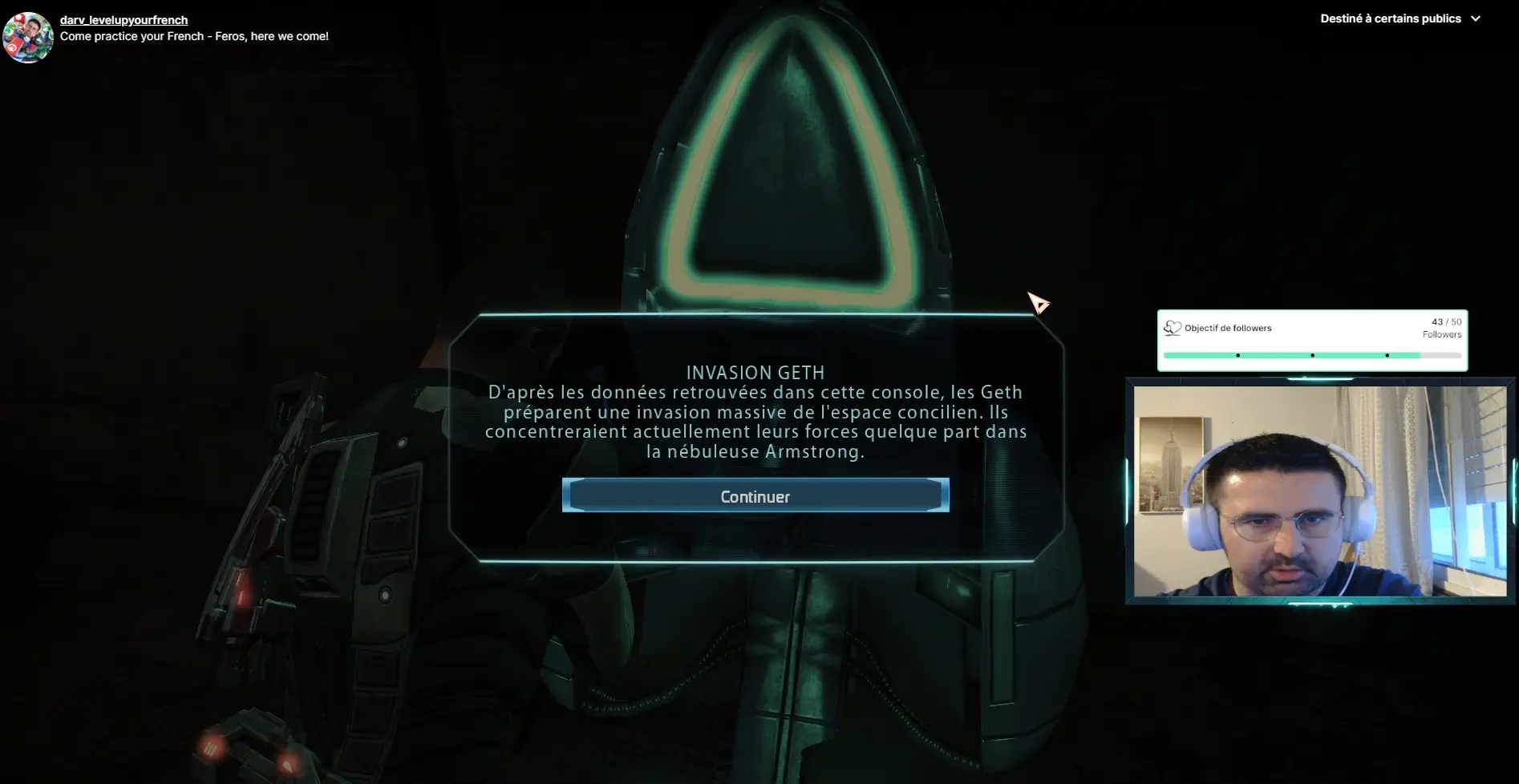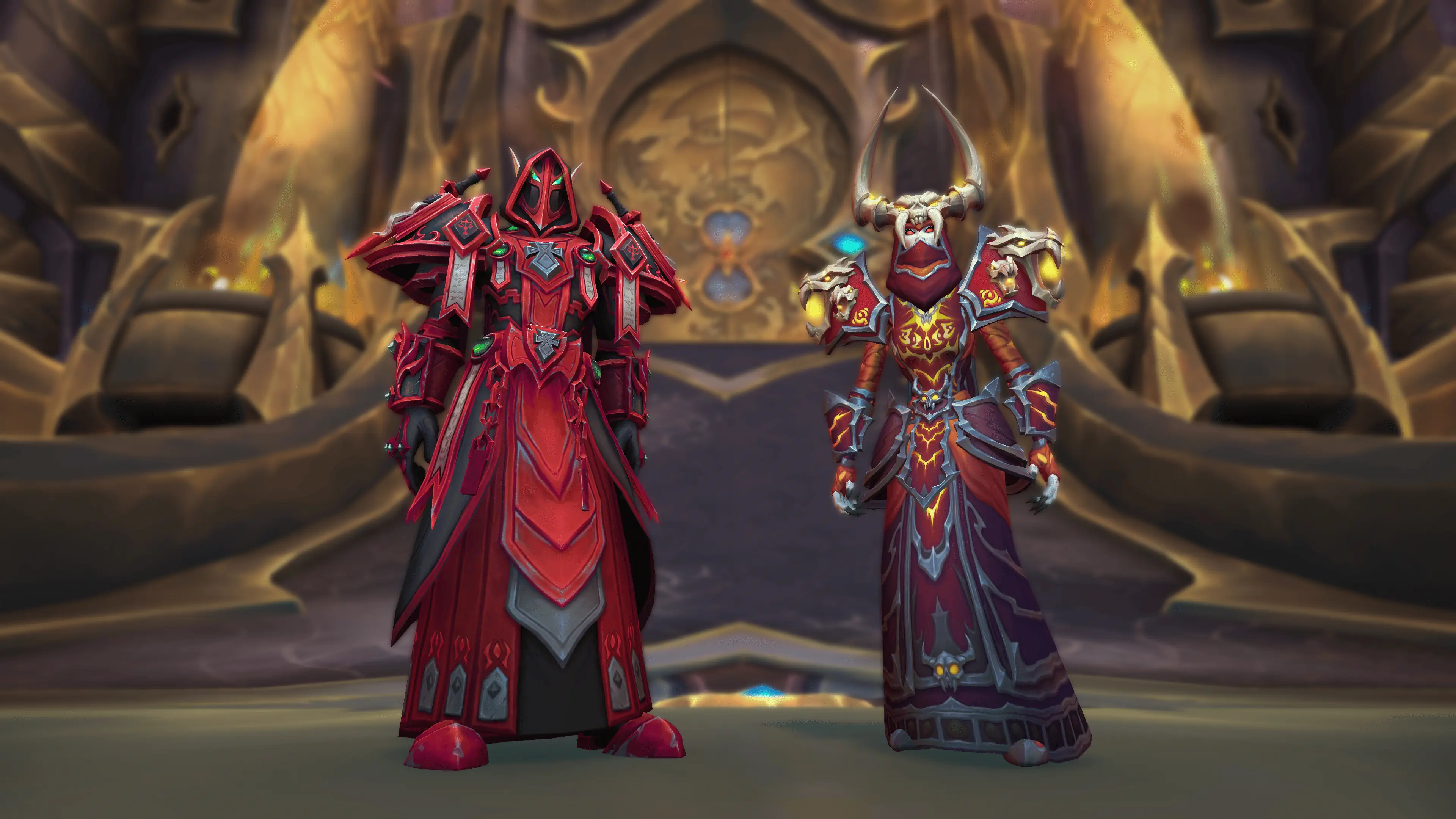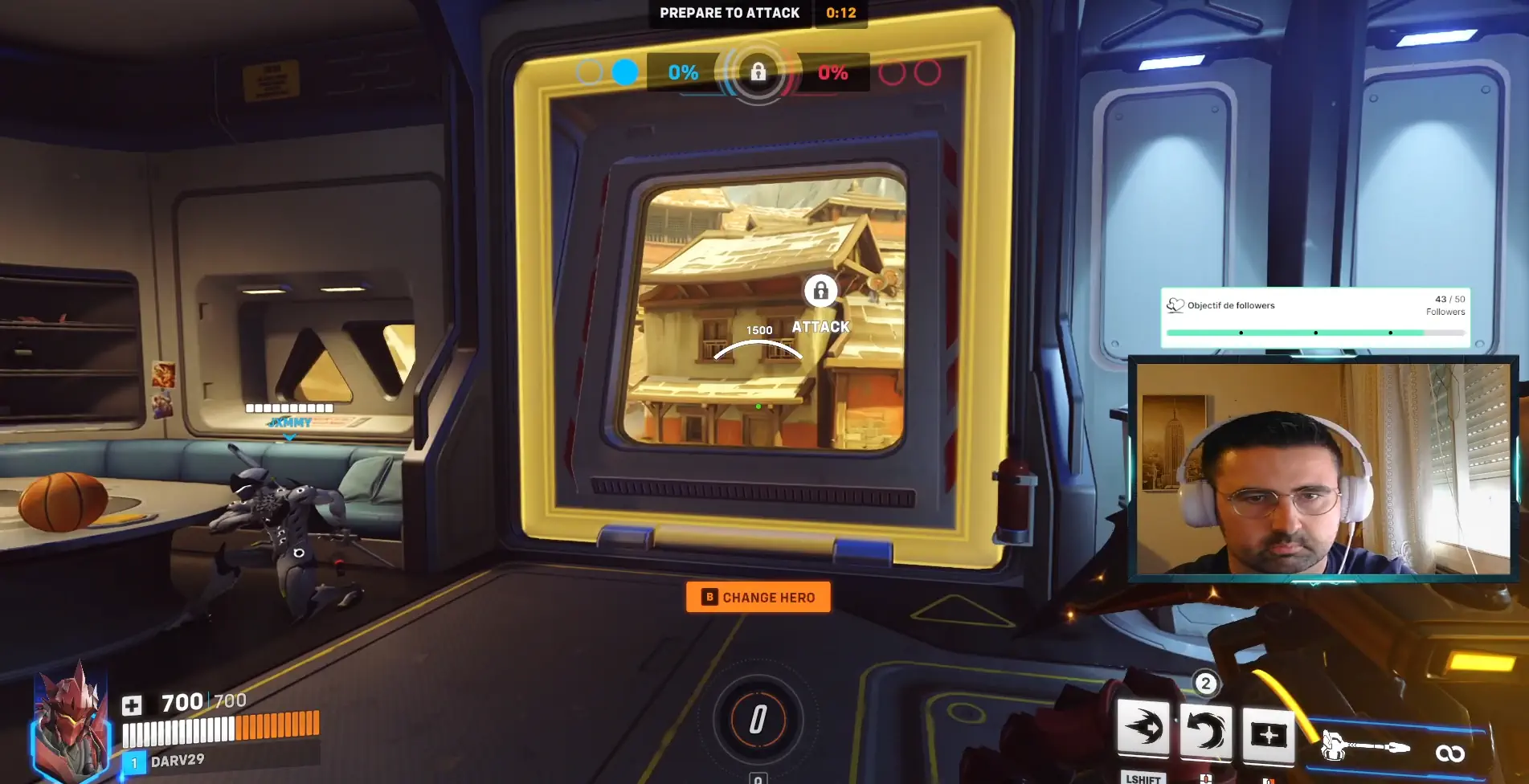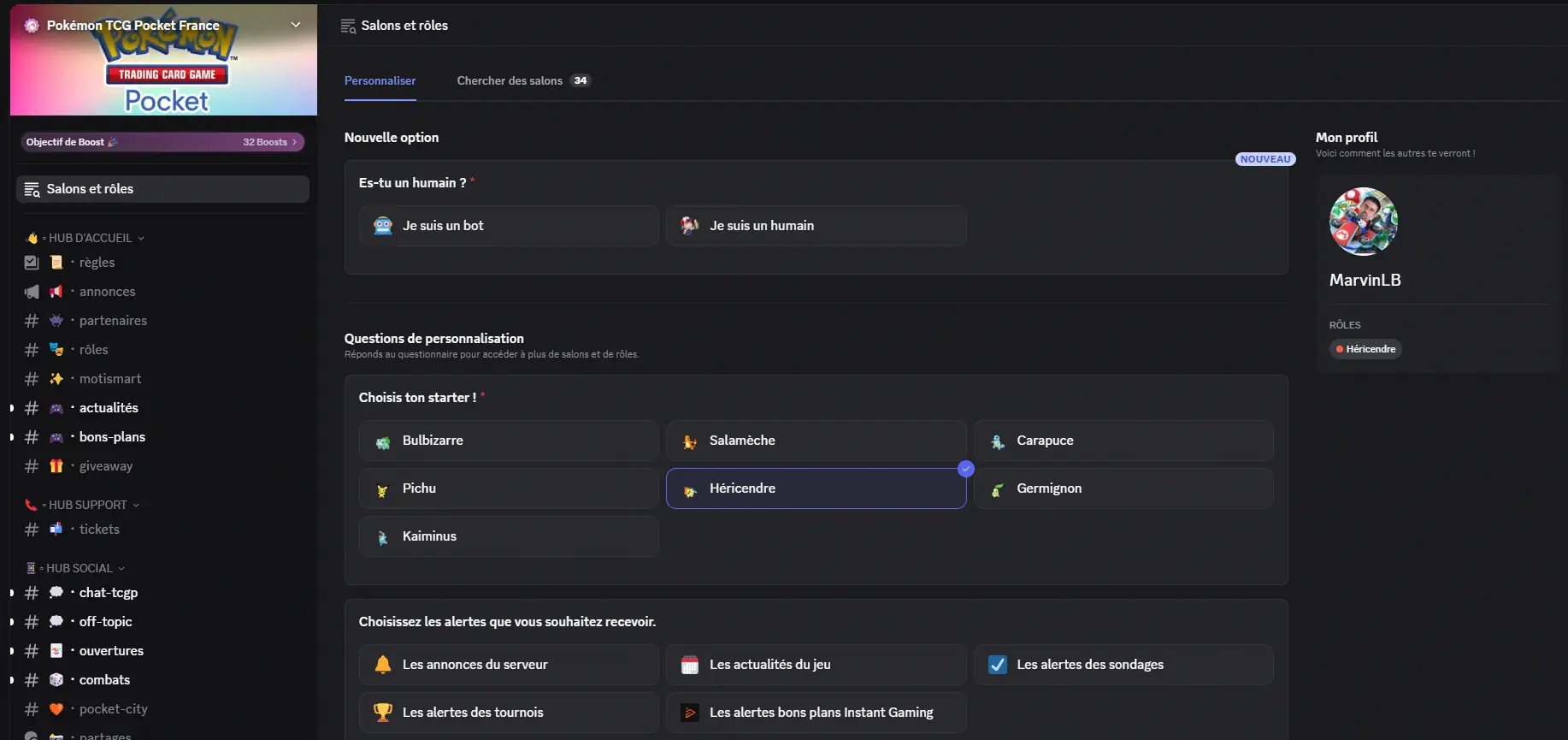🎮 Learn French Through Video Games: Three Types of Interactivity

Can you really learn French through video games? The answer is yes, and not just because games are full of text and dialogues. What makes video games so powerful for language learning is their interactivity. And this interactivity goes beyond just reading quests or listening to characters.
Researchers often describe three main types of interactivity: player-game, player-player, and player-community. Each one provides unique advantages if you want to learn French with video games. Let’s explore how they work and how you can use them to boost your learning.
Player-Game Interactivity
This is the most obvious, and for many people the main reason to use video games for learning. It’s just you as a player exploring the game world, navigating menus, reading quests, following dialogues, and listening to conversations.

Exploring the world of Mass Effect and discovering the lore
Simply playing gives you a massive amount of input, and you can customize how much you expose yourself to, as I explained in a previous article. This is a fantastic way to learn new vocabulary and improve your reading and listening. And it’s only the first layer, other types of interactivity take you even further.
Player-Player Interactivity
This one has two dimensions.
First, the interactions you have with other players in-game. Online games often push you to cooperate with teammates in order to complete quests or achieve victory. In MMORPGs like World of Warcraft, guilds mix experienced players with newcomers, creating opportunities for peer learning.

Two or more players can team up in World of Warcraft to lead quests or raids
Research shows that this interaction has a strong positive impact when you join a guild that speaks your target language. You get real-time training in shaping sentences and expressing yourself naturally. On top of that, you sharpen your sociocultural skills by cooperating, giving instructions, or politely asking for help - because yes, in most communities, saying “heal please” is essential if you want to be accepted. Don’t be that Overwatch Genji player. And those little rewards from both the game and your teammates matter too. It is said they help you increase your attention and the resources you can allocate to the task. That “gg” after a victory feels good, doesn’t it?
Personally, I overcame my fear of speaking English online thanks to Overwatch. This fast-paced game encourages players to communicate vocally to coordinate their actions. It was even more important for me since I’m a main tank with a massive shield and a badass hammer. I’m supposed to lead the charge and give instructions. The first times I pressed that push-to-talk button were terrifying. Some toxic players even judged my voice. But I pushed through it, and now speaking online feels natural.

Ready to lead my team to victory!
Second, there’s the interaction about the game. Players often discuss what they’ve experienced with friends who share the same interests. In their study, Piirainen-Marsh and Tainio (2009) analyzed two Finnish teenagers talking about Final Fantasy X. Through these conversations, the players not only absorbed grammar and vocabulary but also mastered the complex relationships between characters and the twists of the plot.
Player-Community Interactivity
Finally, games create interaction on a larger scale: the community. Unlike the player-player case, you don’t need prior friendships. All you need is an interest in the game.
DeHaan’s 2013 experiment is a good example. He brought his high-school Japanese students to a camp where they played video games in English. After creating their own games and reviews, they shared the results with an online community. This happened shortly after the 2011 tragedy in Japan, and the students were touched to see international players worried about them. Preparing English responses became an authentic way to practice, and the cultural exchange made the experience deeply meaningful.
On your own level, there are countless ways to join a community. The easiest is probably to find a Discord server where you can chat by text or voice. Reddit has plenty of threads listing Discord servers where you can practice French. You can also gather around streamers. On my own Twitch channel, I propose learning French through narrative games. But you can also find other French-speaking streamers with very different styles, depending on the community you want to be part of. Finally, most popular games already have active Discord servers. Whether it’s a competitive title, a TCG, or a story-driven RPG, there’s always a group of French speakers ready to discuss in-game strategies and share their passion.

The community discord of Pokemon TCG Pocket to talk about strategies or make exchanges
🚀 Conclusion
Video games offer much more than vocabulary lists or scripted exercises. By keeping in mind the three types of interactivity—player-game, player-player, and player-community, you can use games to build a complete environment for learning French.
Games might not provide direct writing and speaking drills, but once you tap into these forms of interaction, you unlock opportunities for authentic communication, cultural exchange, and sustained motivation.
At Level Up Your French, we value this community approach. That’s why we’ve created a Discord server for Twitch viewers and learners. Come join us and be part of the adventure: https://discord.gg/eqVn8cdk
